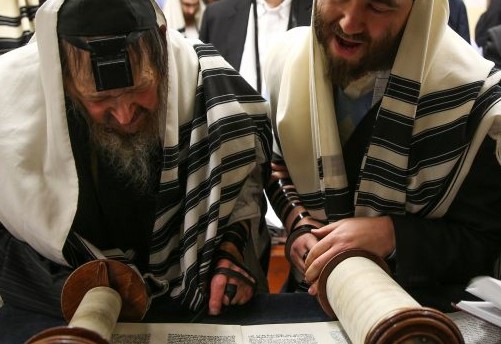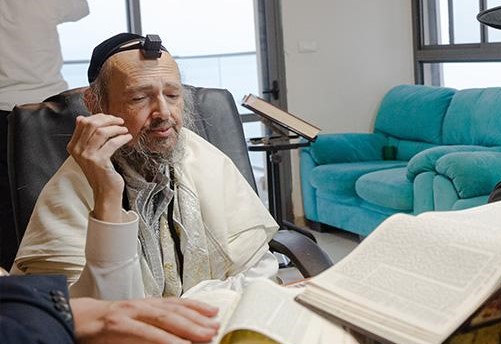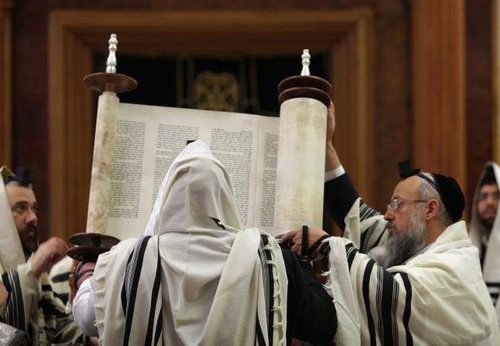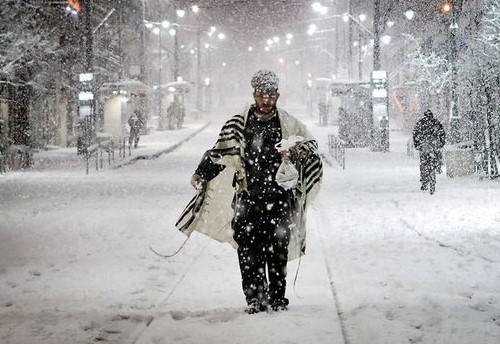Adapted from the writings of Dayan Yitzhak Grossman July 4, 2024

Bais HaVaad on the Parsha, Parshas Bemidbar
Priestly Presumptions
June 6, 2024
Excerpted and adapted from a shiur by Dayan Yitzhak Grossman
They gathered together the entire assembly on the first of the second month, and they established their genealogy according to their families, according to their fathers’ house, by number of the names…
Bemidbar 1:18
The Gemara in Ksubos says that the kohanim that returned with Ezra to Eretz Yisrael after galus Bavel were allowed to eat trumah as they had in Bavel, because there was a chazakah that they were kohanim. But since they couldn’t prove their lineage, they were not permitted to eat kodshim.
Poskim debate the status of today’s kohanim. The Rivash rules that they receive the first aliyah, but they do not receive all the benefits of established kohanim. Elsewhere, though, he says that they may not marry women forbidden to kohanim, including those forbidden mideRabanan.
The Maharshal, Shach, and Magein Avraham rule that challas chutz la’aretz (challah separated outside of Eretz Yisrael, where the obligation is deRabanan) may in principle be eaten by kohanim that are definitely tahor, but in practice it is forbidden to kohanim today because of their uncertain kehunah.
The Maharashdam permitted a released shvuyah (female captive) to marry a kohein. Although Chazal decreed that a shvuyah may not marry a kohein, due to concern that she may have been violated, the Maharashdam found grounds for leniency, including the uncertainty of the kehunah and testimony that the woman’s captors had left her alone. Many poskim, including the Knessess Yechezkel, disagreed. The Zichron Yosef and others maintain that the Maharashdam’s ruling was limited to the case of shvuyah, and it would not apply to other women forbidden to kohanim mideRabanan, like a chalutzah.





